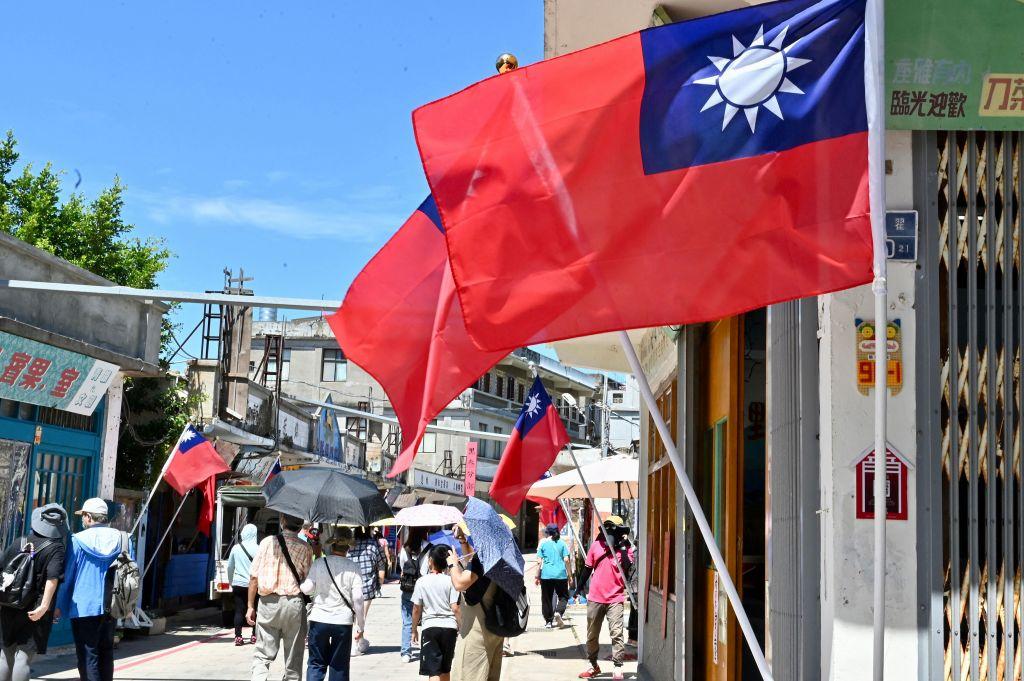The Chinese communist regime’s Ministry of Finance says that it will suspend tariff concessions on more than 130 items imported from Taiwan starting on June 15, and Taiwan’s Mainland Affairs Council is protesting the move.
The May 31 announcement comes after Taiwan’s law enforcement officials accused eight Chinese companies, including Chinese Apple supplier Luxshare Precision Industry, of illegally operating in Taiwan and attempting to poach Taiwanese technology talent, on May 30.




